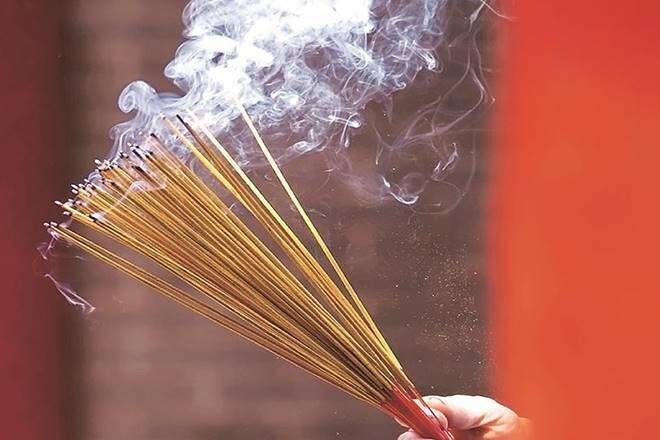Union Minister for Micro Small and Medium Enterprises Nitin Gadkari has approved a unique employment generation program proposed by Khadi and Village Industries Commission (KVIC). Named the “Khadi Agarbati Atmanirbhar Mission” (KAAM), the project aims to create employment for unemployed and non-resident workers of different states in various parts of the country, while at the same time significantly increasing domestic Agarbatti production.
The project was submitted to the Ministry of Small and Medium Enterprises for approval last month and is set to be launched soon. When the project is fully implemented, thousands of jobs will be created in the Agarbatti industry.
KAAM will be implemented in the public-private partnership model. The KVIC will provide a subsidy of 25% on the cost of the machinery, and the remaining 75% of the price will be collected from the artisans in easy instalments every month. The business partner will provide the raw material for the artisans to make the Agarbatti and pay them based on the work. Each automatic Agarbatti making machine produces about 80 kg Agarbatti per day, which provides direct employment to 4 persons. A powder mixing machine is to be provided in a package of 5 Agarbatti making machines, which will employ two persons.
Under the KAAM scheme, wages of the artisans would be provided by the business partners on a weekly basis directly in their accounts through DBT only. The supply of raw material to the artisans, logistics, quality control and marketing of the final product will be the sole responsibility of the business partner.
The ownership of the machines will automatically be transferred to the artisans after recovery of the 75% cost. For this, a two-party agreement will be signed between KVIC and the Private Agarbatti manufacturer.
The announcement of KAAM scheme comes in the wake of the Central government’s decisions to restrict the import of Raw Agarbatti and increase the import duty on Bamboo sticks.
At present, the total daily consumption of Agarbatti in the country is approximately 1490 MT per day. However, currently, India produces just 760 MT of Agarbatti daily.

